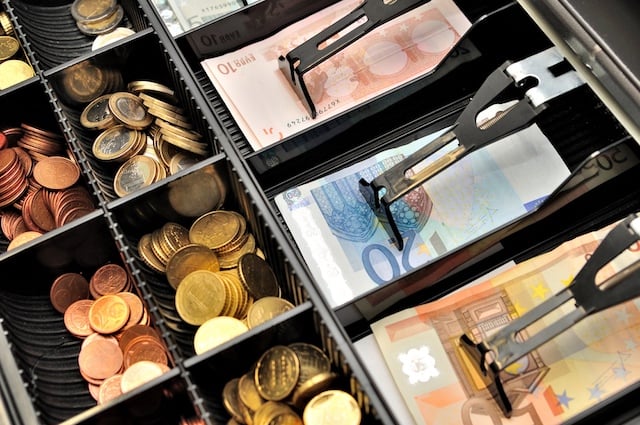BUSINESS
French private sector growth hits six-year high: survey
France's private sector growth accelerated in May to its fastest level in six years, a key survey showed on Monday.
Published: 5 June 2017 14:36 CEST

Photo: lorakss/Depositphotos
Services were the main driver behind the expansion, according to the Purchasing Managers Index (PMI) compiled by Markit, a financial services firm.
The PMI rose to 56.9 points in May, its highest level since May 2011, from 56.6 points in April, Markit said in a statement.
Any reading above the boom-bust 50 points line indicates the economy is expanding while a reading below suggests it contracting.
The sub-index for the services sector alone rose to 57.2 points above 56.7 in April, Markit said, citing a strong rise in new business which had a positive knock-on effect on jobs.
IHS Markit economist Alex Gill said the trend suggested that France could see the data impact favourably on its double-digit unemployment by as much as 0.4 percentage points, with business confidence at a six-year high given current “strong optimism.”
Url copied to clipboard!


 Please whitelist us to continue reading.
Please whitelist us to continue reading.